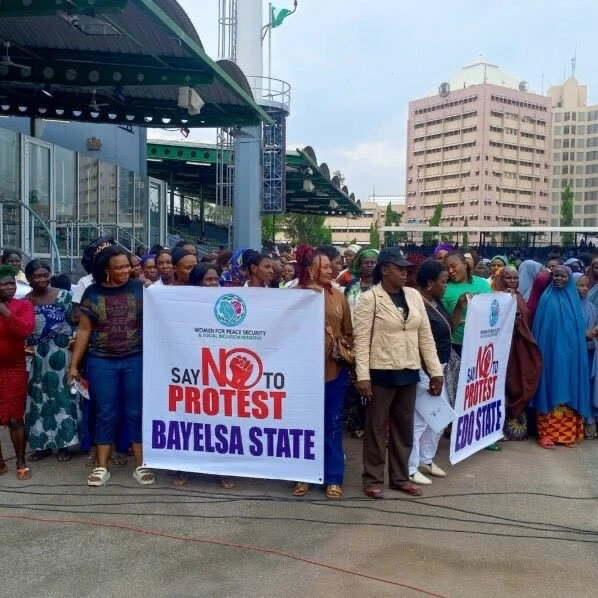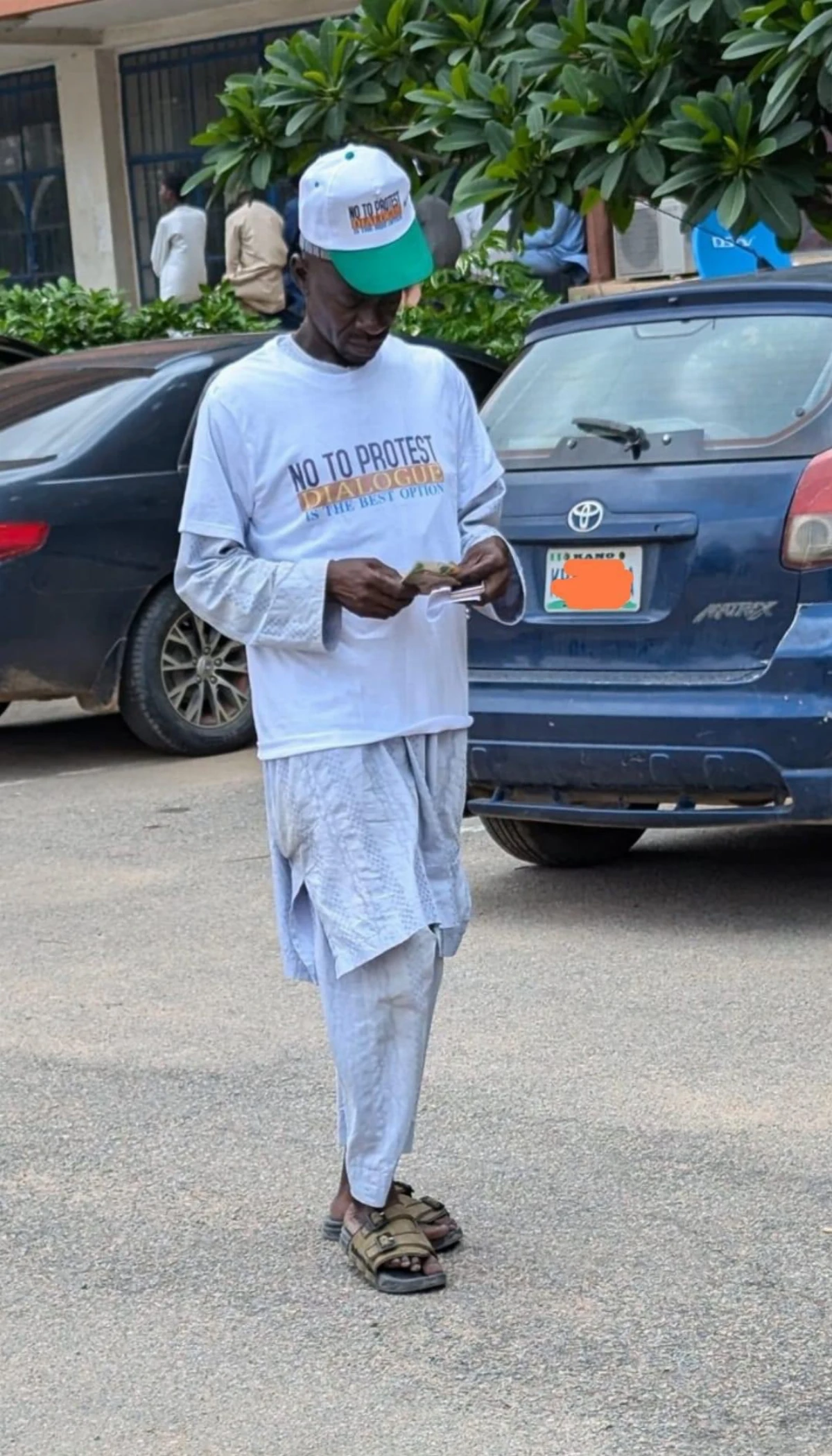Sometimes, anti-protest rallies aim to discredit the original protests by portraying them as out of touch with mainstream values or interests. Read more to discover possible motivations!

Anti-protest rallies, while seemingly paradoxical, often arise from a complex interplay of motivations and factors. Understanding these reasons requires examining the motivations of governments and institutions, the reactions to specific movements, and the broader social and political context.
Certain anti-protesters took to the streets yesterday in different parts of the country, taking a stance with the government while also protesting against a protest. Anti-protest rallies are often a direct response to specific issues being raised by original protests but in this case it seems to be more political than difference in views and opinions.

What could be the Motivation for the anti-protest rally?
Governments may organize or support anti-protest rallies to assert control and maintain public order. By countering protests, they aim to project strength and discourage dissent, which they perceive as a threat to stability.
Preventing Escalation
In some cases, authorities might use anti-protest rallies as a preventative measure. By staging counter-protests or rallies, they attempt to diminish the impact of original protests, hoping to reduce public support for the dissenting movement.
Political Messaging
Governments may use anti-protest rallies to signal a firm stance on certain issues. These rallies serve as a platform for political leaders to demonstrate their opposition to the protests and reinforce their policy positions to their supporters.
At every given instance, anti-protest rallies are driven by a variety of motivations, including efforts to control public order, oppose specific movements, and influence public perception which is what is seen at a large scale in the current anti-protest rally in Nigeria. These rallies are deeply embedded in the broader social and political fabric, reflecting ongoing tensions and conflicts within society.

